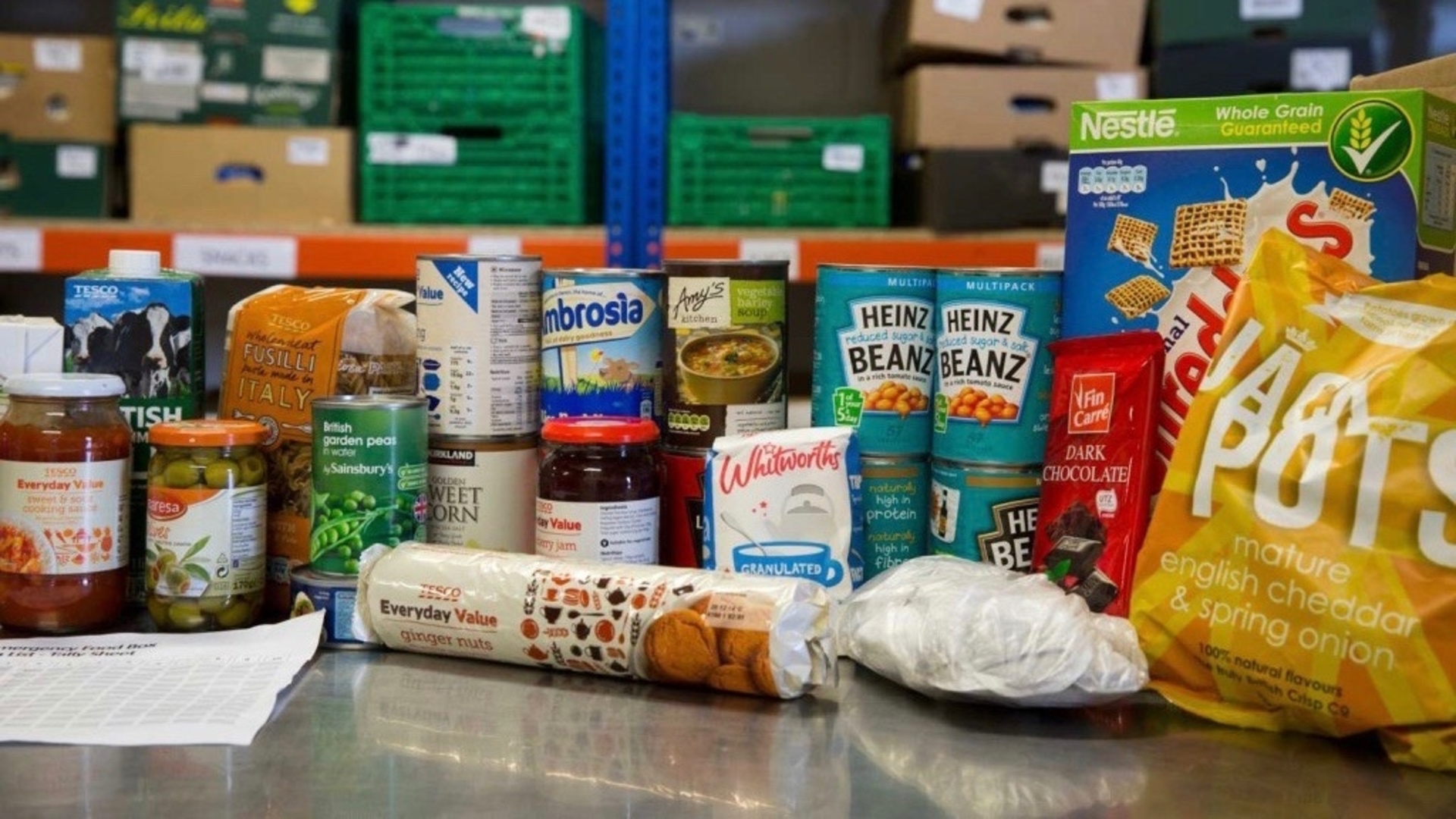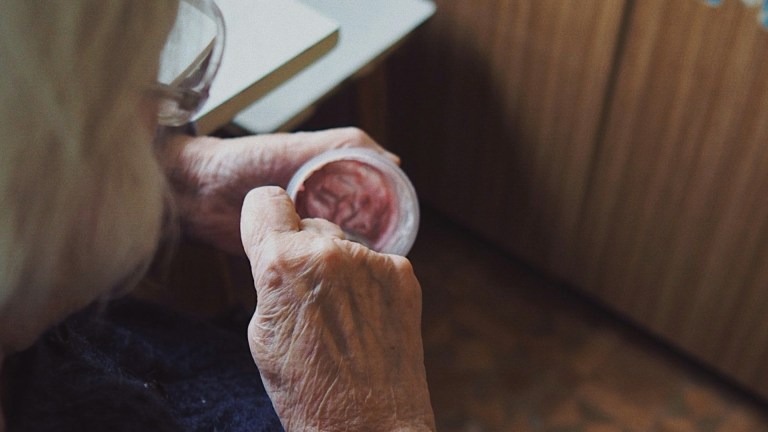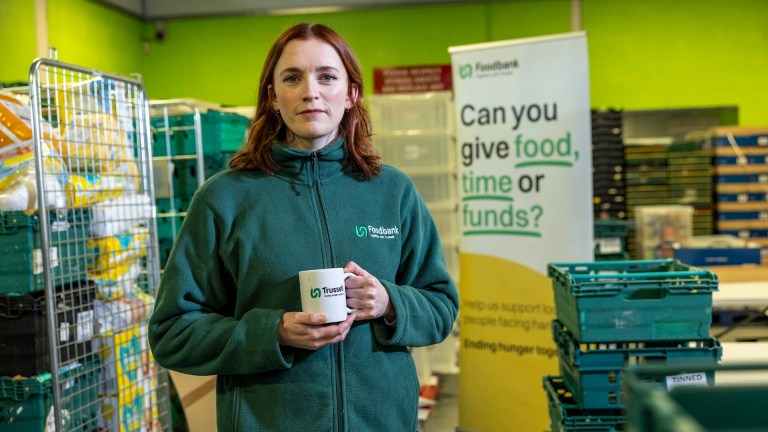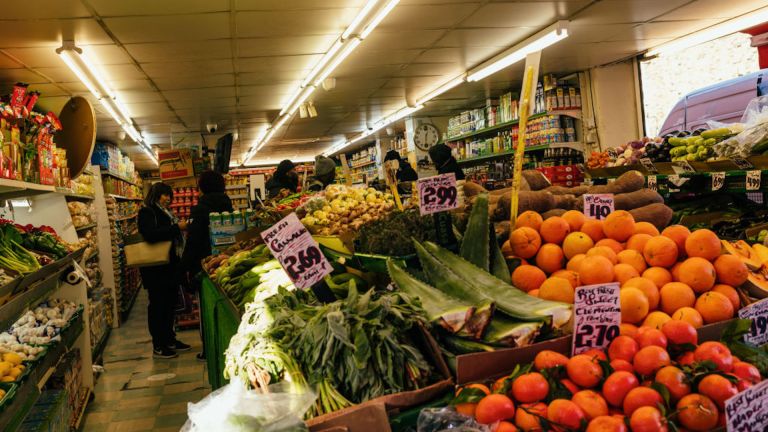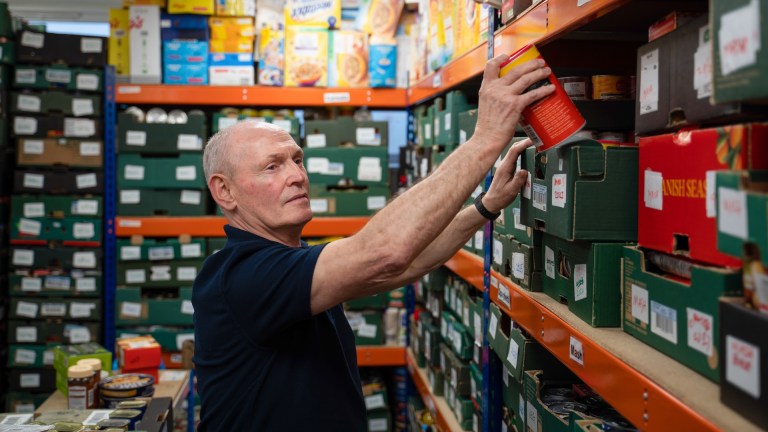The charity called for the temporary £20 Universal Credit uplift to be made permanent, for benefit debt deductions to be suspended and for £250 million to be invested in local welfare assistance across England.
Trussell Trust chief executive Emma Revie said: “Communities throughout the country have shown enormous resilience in helping more people than ever before. But food banks and other community charities cannot continue to pick up the pieces. None of us should need a charity’s help to put food on the table.
“Our research finds that Covid-19 has led to tens of thousands of new people needing to use a food bank for the first time. This is not right. If we don’t take action now, there will be further catastrophic rises in poverty in the future.”
“But it doesn’t have to be like this. The pandemic has exposed the power of what happens when we stand together in the face of adversity. We must harness this power to create the changes needed to prevent many more people being locked into poverty this winter.
“With the furlough scheme set to wind down, we must act now to put in place protection for each other. The Budget and Comprehensive Spending Review present a pivotal opportunity to put things right. We must take it to help us weather the storm left in the wake of Covid-19.”
Researchers are predicting that the rate of UK unemployment will reach 9.8 per cent in the final quarter of 2020 – the highest since April-June 1994.
Labour’s shadow work and pensions secretary Jonathan Reynolds said: “Months into this crisis too many people are still falling through the gaps in the safety net and children are going hungry as a result. The Government’s incompetence is worsening already unacceptable levels of child poverty in the UK.
“While the changes to Universal Credit are welcome, the Government must take further, urgent action to make sure that no-one goes hungry during the crisis.”
In response, a government spokesperson said: “We have provided £9.3bn extra welfare support to help those most in need, including increasing Universal Credit by up to £20 a week, as well as introducing income protection schemes, mortgage holidays and additional support for renters. Meanwhile, since mid-March we’ve supported 3.9m claims to Universal Credit and made 1.3m advance payments to people who could not wait.
“We have already taken steps to help ease the burden of Universal Credit debt repayments, including reducing the maximum deduction from 40 per cent to 30 per cent of a claimant’s standard allowance. From October 2021 we will reduce this further to 25 per cent, and we will double the time available to repay an advance to 24 months.”
The Independent Food Aid Network (IFAN), made up of at least 916 food aid projects across the UK, backed The Trussell Trust’s calls for the Government to stem the rise of poverty.
Earlier this month they reported on a surge in demand for emergency food parcels in Scotland, with need doubling since the start of lockdown.
IFAN coordinator and Big Issue Changemaker Sabine Goodwin said: “The writing is on the wall. Even more people are going to be thrown into financial crisis in the coming months, and food banks cannot continue to pick up the pieces of a broken benefit system and insufficient wages.”
Ministers should also end the sanctions system, IFAN said, and crucially abolish the No Recourse to Public Funds policy which The Children’s Society estimates is locking one million people out of the welfare system.
And the Scottish Government must make efforts to strengthen its ‘cash first’ approach while doing more to promote the Scottish Welfare Fund so that people on low incomes know they can access money urgently if they need it, plus bringing forward the payments expected as part of the Scottish Child Payment due in February.
